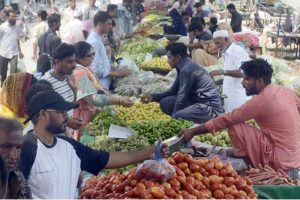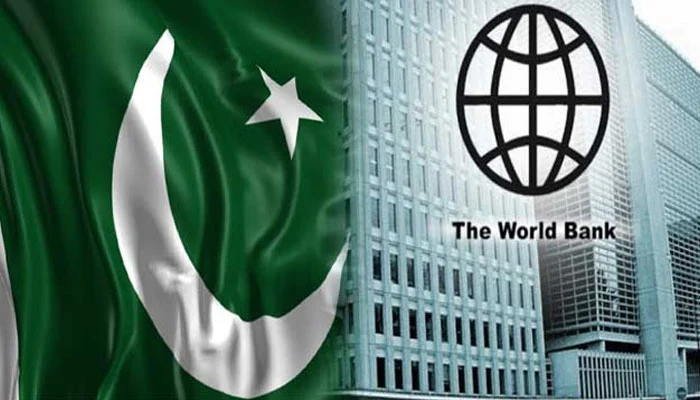Therippe: World Bank Proposes More inflation in Pakistan In FY20

The World Bank has again called on the government to increase oil prices in order to finance its $20 billion infrastructure projects. The country’s current crude oil production is estimated at 25 million barrels a year. That’s about one-fifth of Pakistan’s total oil production. According to World Bank data, the average global price of crude is now over $120 per barrel in 2018. So, where does that leave Pakistan? Well, at about $40 a barrel, it will barely make the top 100 list of countries with the highest inflation rate among African and Asian members of the IMF. But that doesn’t mean it can avoid being one of those defaulting nations on its loan obligation. The BRICS countries – Brazil, Russia, India, and China – all have huge debts associated with their investments in infrastructure and energy sector development. In fact, many of them are projected to face hard times in the future if they don’t pay their debt service obligations soon. The government needs to step up its spending on essential infrastructure projects as well as improve transparency in oil pricing so that consumers are not misled. This would also help bring down public sector wages as well as reduce inequality within the country.
What can be done to help end Pakistan’s high inflation?
– The Central Bank of Pakistan has banned electronic payments and transactions in the country. This includes savings accounts, credit unions, and debit cards. – The central bank has also recommended that Internet business operators refrain from conducting business with customers who aren’t members of parliament. – Pakistan’s Supreme Court has also ordered that all online transactions involving private individuals and entities be recorded. This includes online payments, transfers, and fiat money exchanges. – The move to ban digital payments will mainly affect banks and financial institutions. Currently, the payments system is decentralized across multiple countries and has no centralized authority responsible for recording and clarifying payments. – Pakistan’s financial sector has beenionized by world trade and is heavily reliant on international investment. Banning digital payments would require the government to take a more active role in the regulatory process.
Ban on digital payments
Since the ban on digital payments was imposed in January, the number of payments via digital currency has grown more than 50 times in less than a month. The number of payments via cash and other non-financial assets is set to grow at a more rapid pace in the wake of the regulation. Banning digital payments is one possible way to reduce the country’s high inflation and growth risks.
Increase oil price
The oil was pounce has been on the rise in Pakistan since the beginning of the year. The country’s total production has increased by 40% in that time while its consumption has increased by a further 9%. The price of oil is expected to increase by about 10% this year as the global supply capacity capacity grows and demand for oil is expected to be high. The demand for oil is forecast to be about 10 times higher in 2020 than in 2018. So, increasing the country’s oil production would help to end Pakistan’s high inflation and free fall in the country’s debt-to-income ratio, which is the main measure of financial health.
Increase fiscal deficit limit
The country’s debt-to-income ratio is 14% compared with just 10% in South Africa. The country also has a large public sector that needs to be replaced. The government has mentioned that it needs to reduce its debt-to-income ratio to 80% by 2022 in order to pay off its bonds. The current level is too high and could lead to a higher borrowing requirement in the future. Some experts believe that the country should aim for a ratio of about 50% by 2022 to avoid an amount equal to $100 billion over five years. That’s an amount that could significantly affect the country’s growth prospects.
Conclusion
The world economy is changing and it’s changing Pol Pot, not Polonia. Now the word is out that the war in Polonia is over and it’s time for the world to get along again. In the words of former Polish President Lech Walesa: “We need to get together, not fight.” The world has changed and it’s time for the old order to come back. The time has come to start the process of reconciliation and re-unification of the world. The two-child policy must come to an end and all countries in the region move towards a single-child policy. There is no alternative to this policy and the two-child policy is the only way forward. The world must come together and end the cold war as we know it.
